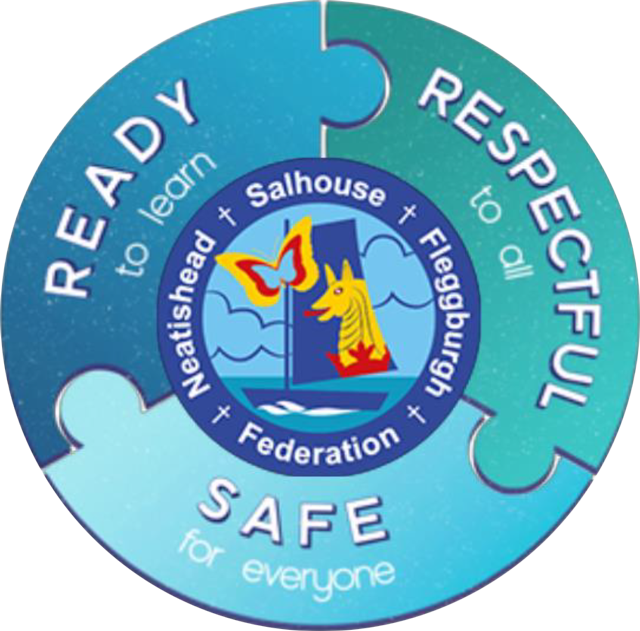Key Questions
To support our children to become independent learners, we routinely ask children to think about the following questions in ways which are age and developmentally appropriate. The children are encouraged to ask themselves and others the same questions during learning activities.
| What am I learning? (developing knowledge, understanding, skills and/or wisdom) |
| How will I know I am doing well? |
| What can I do if I find it difficult? |
| What are my next steps? |
| In what ways have I progressed? (developing knowledge, understanding, skill and/or wisdom) |
| What have I done in the past or am doing in other lessons that will help me with this activity? |
| How will what I have learned today help me with other learning? |
Bloom's Taxonomy
Bloom's taxonomy is a long-standing cognitive framework that categorises critical reasoning in order to help teachers set more well-defined learning goals. Benjamin Bloom, an American educational psychologist, developed this pyramid to define levels of critical thinking required by a task. Since its inception in the 1950s and revision in 2001, Bloom's Taxonomy has given teachers a common vocabulary for naming specific skills required for proficiency.
There are six levels in the taxonomy that each represent distinct levels of abstraction. The bottom level includes the most basic cognition and the highest level includes the most intellectual and complicated thinking. The idea behind this theory is that students cannot be successful in applying higher-order thinking to a topic until they have first mastered a ladder of rudimentary tasks.
One of our aims is to create thinkers and doers. Bloom's taxonomy gives a path to follow from the beginning of a concept or skill to its end, or to the point where children can think creatively about a topic and solve problems for themselves.
We incorporate all levels of the framework into teaching and lesson plans in order to scaffold the learning that our children are enjoying.
| Bloom's Taxonomy Key Words | |
| Level | Keywords |
| Remembering | who, what, why, when, where, which, choose, find, how, define, label, show, spell, list, match, name, relate, tell, recall, select |
| Understanding | demonstrate, interpret, explain, extend, illustrate, infer, outline, relate, rephrase, translate, summarize, show, classify |
| Applying | apply, build, choose, construct, develop, interview, make use of, organize, experiment with, plan, select, solve, utilize, model |
| Analysing | analyse, categorize, classify, compare/contrast, discover, dissect, examine, inspect, simplify, survey, distinguish, relationships, function, motive, inference, assumption, conclusion |
| Evaluating | build, combine, compose, construct, create, design, develop, estimate, formulate, plan, predict, propose, solve/solution, modify, improve, adapt, minimize/maximize, theorize, elaborate, test |
| Creating | choose, conclude, critique, decide, defend, determine, dispute, evaluate, judge, justify, measure, rate, recommend, select, deduct agree, appraise, opinion, interpret, prove/disprove, assess, influence, |


